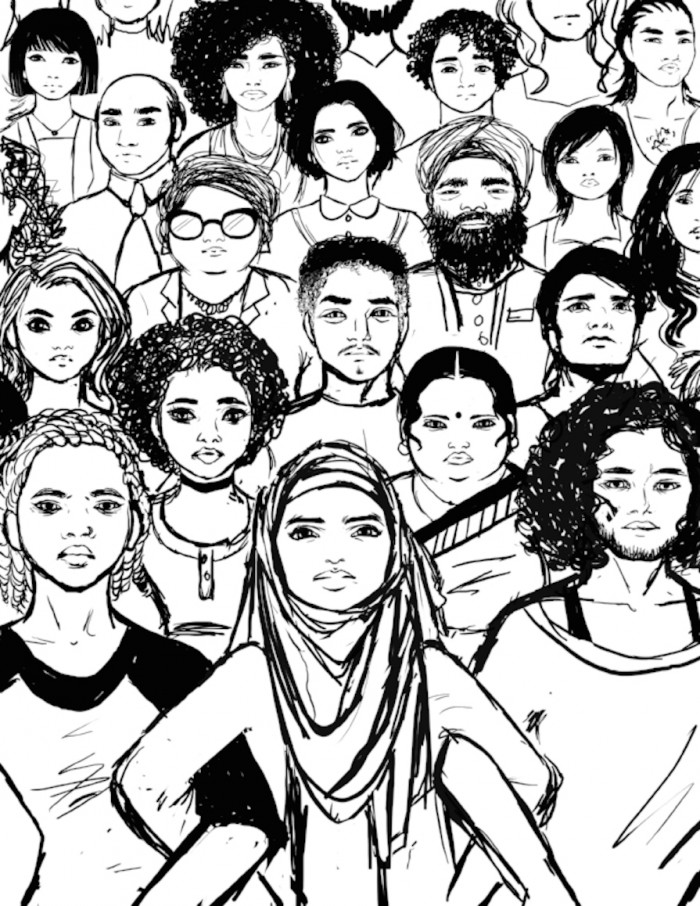Based in the United States, Indian activist Thenmozhi Soundararajan was born to parents of the Dalit caste in India.
An ancient class-based system, those at the bottom of the caste hierarchy such as people of the Dalit heritage often face oppression, inter-caste violence and an institutionalised lack of opportunities.
As a transmedia storyteller, rights activist, filmmaker and technologist, Soundararajan uses her unique position in the Dalit community to tell the untold stories of her people and advocate for the creation of knowledge in her community.
One of the ways she does this is through Wikipedia. Speaking at the 2018 Wikimania Conference in Cape Town, Soundararajan highlighted a number of factors that make Wikipedia, as a free, online platform, both advantageous and problematic.
“I think for us as many of the marginalised peoples here, we know that if we don’t have unfettered access to our history we can’t fight for a future and that's why I’m here,” she said.
Soundararajan is the Executive Director of Equality Labs, a South Asian organisation that uses community research, socially engaged art, and technology to end the oppression of caste apartheid, Islamophobia, white supremacy, and religious intolerance.
While fighting against white supremacy is one of their goals, another is the goal to fight against internal hegemonies such as the caste system.
“I not only want to create knowledge for my people, [I] want it to be unmitigated in the way it's presented. [This] is one of the most radical things I can do to be free,” she told the audience.
Doing this on Wikipedia is sometimes easier said than done. While English Wikipedia has a mature, rigorously regulated protocol when it comes to editing and adding new information, it’s easier for smaller, regional languages to start Wikipedia communities.
However, a problem presents itself when the searcher wants to find out about those smaller communities in English rather than a regional dialect.
“I think what's really incredible about how difficult it is to create knowledge in the face of a dominator culture – whether we’re talking about slavery and white supremacy or we’re talking about caste apartheid and Brahmanism – it’s like you’re eternally being gaslit by your oppressor,” she explained.
“So on top of the extortion of your land, the extortion of your bodies that lack existential space that you have to be a free person, you also don't get to have autonomy over the origination of your knowledge, you have to constantly acknowledge, have to constantly negotiate with your oppressor about facts.”
Since she started the Dalit community on Wikipedia made up of Dalit women, she has hosted over 20 edit-a-thons across North America, Europe and India.
She’s also edited more than 170 articles, created 30 new articles and produced 100 new Wikipedia editors across different Indian languages.
These numbers are significant given that Dalit women only represent 0.1 per cent of all journalists, intellectuals and media owners of Indian descent.
But changing her Wikipedia username to that of a white European male may see even more of her edits approved, she says.
“We should be able to be our full selves to be on the platform and be able to speak with the same relevance and the same representation as our oppressors, but we’re not at that place yet,” says Soundararajan.
This is where the community of Wikipedia really needs to look at itself and question whether structures are really allowing for the democratic engagements of all communities at parity with each other.
Read more:
Wikipedia is bridging the knowledge gap on African languages
Jimmy Wales speaks on diversity and the value of knowledge in one's mother tongue
Wikipedia's Cape Town conference tackles the issue of diversity







